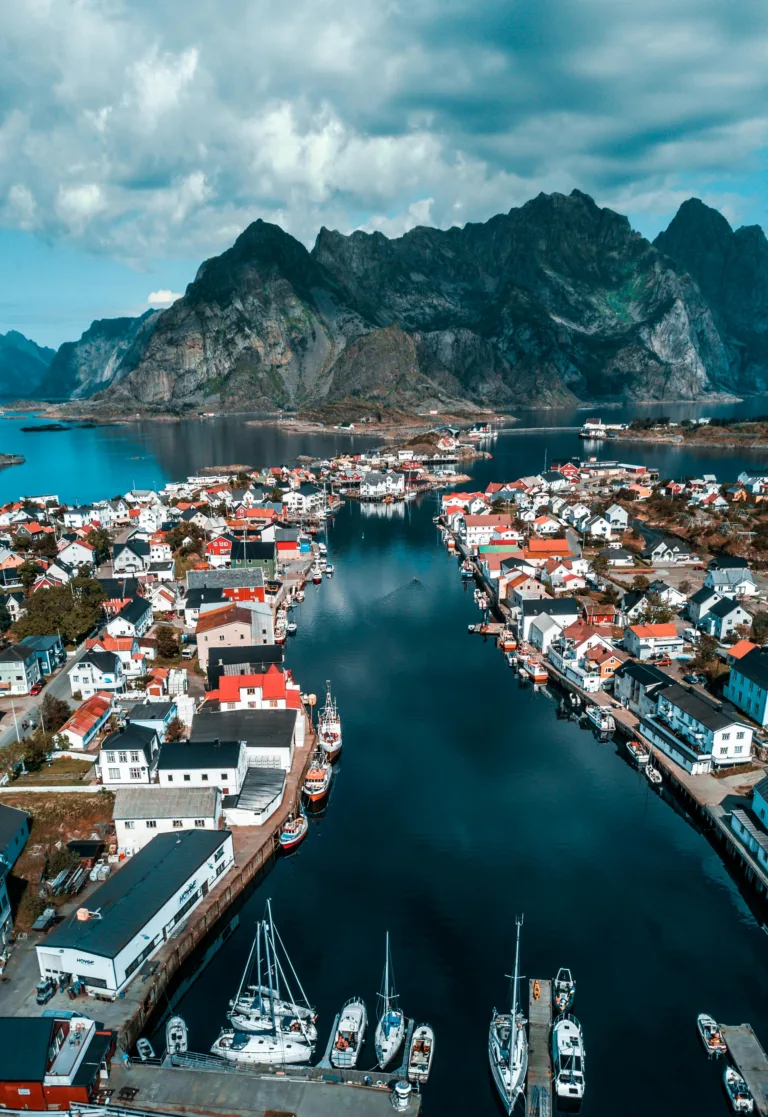Here are the 10 most politically stable countries in the world:
1.Norway
2.Switzerland
3.Denmark
4.Sweden
5.Finland
6.New Zealand
7.Netherlands
8.Australia
9.Germany
10.Canada
1.Norway
Norway is regarded as a politically stable country.
Democratic System: Norway operates under a parliamentary democracy, with a constitutional monarchy. The country has a long tradition of democratic governance, with free and fair elections held regularly.
Rule of Law: Norway has a strong legal system based on the rule of law. Its judiciary is independent, ensuring that laws are applied fairly and impartially.
Political Institutions: Norway has well established political institutions, including a unicameral parliament, a government headed by a Prime Minister, and a multi party system. These institutions contribute to political stability by providing mechanisms for peaceful and orderly governance.
Social Cohesion: Norway has a high level of social cohesion and trust in public institutions. Its welfare state provides extensive social services, including healthcare, education, and social security, which contribute to social stability.
Economic Prosperity: Norway has a prosperous economy, largely driven by its abundant natural resources, particularly oil and gas. The country’s wealth and relatively low levels of income inequality contribute to overall stability.
International Reputation: Norway is known for its commitment to peace, human rights, and international cooperation. It plays an active role in international organizations and has a reputation as a responsible and reliable partner in global affairs.
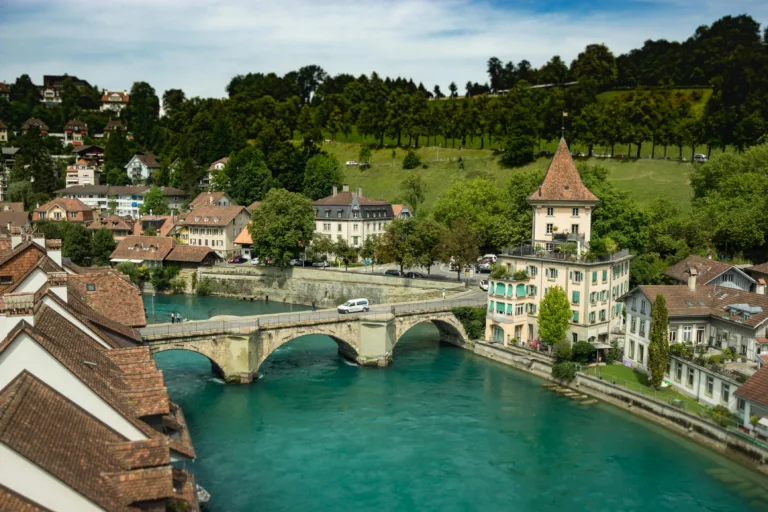
2.Switzerland
Switzerland is widely recognized as a politically stable country.
Neutrality: Switzerland has a longstanding policy of neutrality, which means it does not take sides in conflicts between other nations. This neutrality has helped Switzerland avoid involvement in wars and conflicts, contributing to its overall stability.
Democratic System: Switzerland operates under a federal system with a strong emphasis on direct democracy. The country’s political system is characterized by a robust framework of checks and balances, with power divided between the federal government and cantonal (state) governments.
Rule of Law: Switzerland has a well established legal system based on the rule of law. Its judiciary is independent, ensuring that laws are applied fairly and impartially.
Political Consensus: Swiss politics is characterized by a culture of consensus building and compromise among political parties and linguistic regions. This consensus oriented approach helps maintain stability and prevents political polarization.
Economic Prosperity: Switzerland has a highly developed and prosperous economy, with a strong focus on innovation, finance, and technology. Its economic stability and wealth contribute to overall political stability.
International Reputation: Switzerland is known for its neutrality, humanitarian efforts, and diplomatic skills. It plays an active role in international organizations and is respected as a reliable mediator and peacekeeper in global affairs.

3.Denmark
Denmark is regarded as a politically stable country.
Democratic System: Denmark operates under a parliamentary democracy with a constitutional monarchy. The political system is characterized by free and fair elections, regular changes in government through peaceful transitions of power, and strong institutions that uphold democratic principles.
Rule of Law: Denmark has a well established legal system based on the rule of law. Its judiciary is independent and impartial, ensuring that laws are applied fairly and consistently.
Political Consensus: Danish politics is characterized by a tradition of consensus building and cooperation among political parties. This culture of consensus helps to mitigate political polarization and contributes to stability in governance.
Social Cohesion: Denmark has a strong social welfare system that provides a high standard of living for its citizens. The country ranks highly in measures of social equality, education, healthcare, and overall quality of life, fostering social cohesion and stability.
Economic Prosperity: Denmark has a prosperous and diversified economy, with strong sectors such as manufacturing, shipping, renewable energy, and pharmaceuticals. Its economic stability and wealth contribute to political stability.
International Reputation: Denmark is known for its active engagement in international affairs, including participation in peacekeeping missions, humanitarian efforts, and cooperation within the European Union and other international organizations. Its reputation as a responsible and reliable actor on the global stage enhances its political stability.

4.Sweden
Sweden is widely considered to be a politically stable country.
Democratic System: Sweden operates under a parliamentary democracy with a constitutional monarchy. The country holds regular free and fair elections, and power is peacefully transferred between political parties through democratic processes.
Rule of Law: Sweden has a robust legal system based on the rule of law. Its judiciary is independent and impartial, ensuring that laws are enforced fairly and consistently.
Political Consensus: Swedish politics is characterized by a tradition of consensus building and cooperation among political parties. This culture of consensus helps to mitigate political polarization and fosters stability in governance.
Social Cohesion: Sweden has a strong welfare state that provides extensive social services, including healthcare, education, and social security. This contributes to social cohesion and stability within the country.
Economic Prosperity: Sweden has a highly developed and diversified economy, with strong sectors such as manufacturing, technology, and services. Its economic stability and wealth contribute to political stability.
International Reputation: Sweden is known for its active engagement in international affairs, including diplomacy, humanitarian efforts, and participation in peacekeeping missions. Its reputation as a responsible and reliable actor on the global stage enhances its political stability.
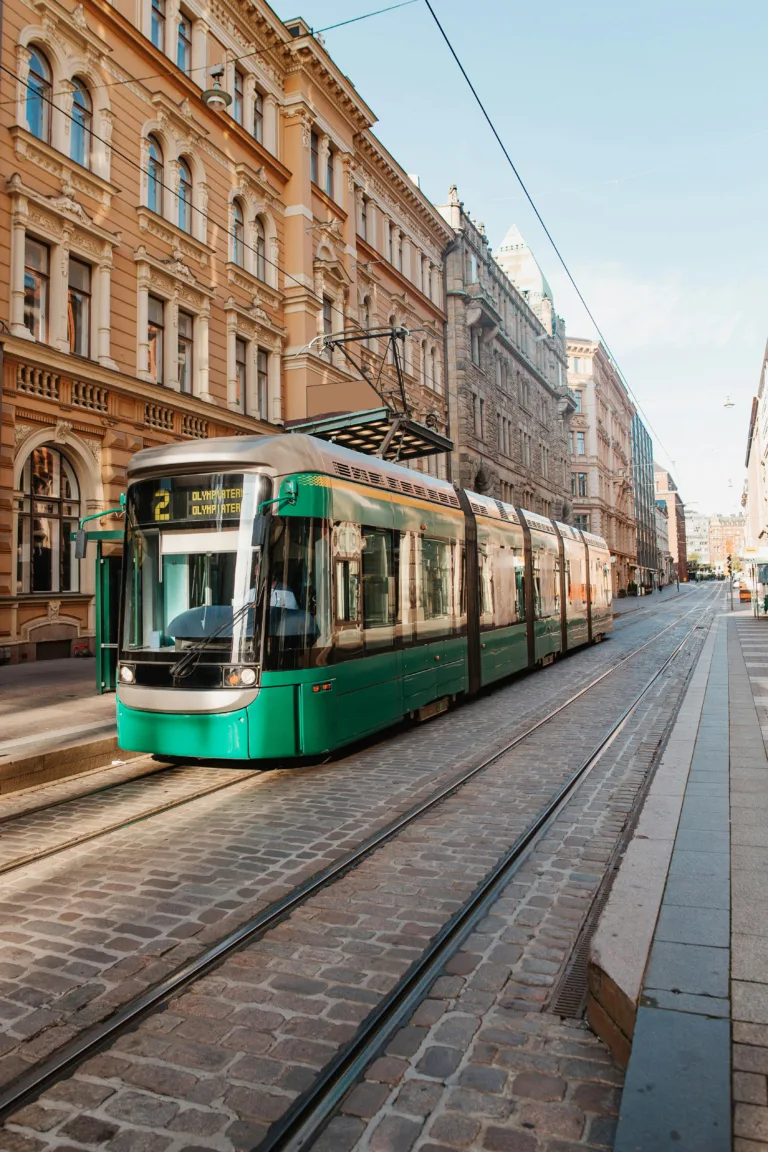
5.Finland
Finland is widely recognized as a politically stable country.
Democratic System: Finland operates under a parliamentary democracy with a representative government. The country holds regular free and fair elections, and power is peacefully transferred between political parties through democratic processes.
Rule of Law: Finland has a strong legal system based on the rule of law. Its judiciary is independent and impartial, ensuring that laws are enforced fairly and consistently.
Political Consensus: Finnish politics is characterized by a tradition of consensus building and cooperation among political parties. This culture of consensus helps to mitigate political polarization and fosters stability in governance.
Social Cohesion: Finland has a comprehensive welfare state that provides extensive social services, including healthcare, education, and social security. This contributes to social cohesion and stability within the country.
Economic Prosperity: Finland has a highly developed and diversified economy, with strong sectors such as technology, forestry, and manufacturing. Its economic stability and wealth contribute to political stability.
International Reputation: Finland is known for its active engagement in international affairs, including diplomacy, peacekeeping, and humanitarian efforts. Its reputation as a responsible and reliable actor on the global stage enhances its political stability.

6.New Zealand
New Zealand is recognized as a politically stable country.
Democratic System: New Zealand operates under a parliamentary democracy with a constitutional monarchy. The country holds regular free and fair elections, and power is peacefully transferred between political parties through democratic processes.
Rule of Law: New Zealand has a strong legal system based on the rule of law. Its judiciary is independent and impartial, ensuring that laws are enforced fairly and consistently.
Political Consensus: New Zealand politics is characterized by a tradition of consensus building and cooperation among political parties. This culture of consensus helps to mitigate political polarization and fosters stability in governance.
Social Cohesion: New Zealand has a relatively small population and a strong sense of social cohesion. The country has a welfare system that provides social services to its citizens, contributing to stability within society.
Economic Prosperity: New Zealand has a developed and diversified economy, with strong sectors such as agriculture, tourism, and technology. Its economic stability and wealth contribute to political stability.
International Reputation: New Zealand is known for its peaceful and diplomatic approach to international relations. It is respected as a responsible and reliable actor on the global stage, which enhances its political stability.

7.Netherlands
the Netherlands is a politically stable country
Democratic System: The Netherlands operates under a parliamentary democracy. The country has a long tradition of democratic governance, with free and fair elections held regularly and power peacefully transferred between political parties.
Political Consensus: Dutch politics is characterized by a culture of consensus building and cooperation among political parties. This helps to mitigate political polarization and fosters stability in governance.
Social Cohesion: The Netherlands has a strong sense of social cohesion, with a well developed welfare state providing social services such as healthcare, education, and social security. This contributes to stability within society.
Economic Prosperity: The Netherlands has a highly developed and diversified economy, with strong sectors such as agriculture, manufacturing, trade, and finance. Its economic stability and prosperity contribute to overall political stability.
International Reputation: The Netherlands is respected internationally for its diplomatic engagement, commitment to peacekeeping, and promotion of human rights.

8.Australia
Australia is widely recognized as a politically stable country.
Democratic System: Australia operates under a parliamentary democracy with a federal system of government. The country has a long history of democratic governance, with free and fair elections held regularly at both federal and state levels.
Rule of Law: Australia has a robust legal system based on the rule of law. Its judiciary is independent and impartial, ensuring that laws are applied fairly and consistently.
Political Consensus: Australian politics is characterized by a tradition of stability and consensus building among major political parties. While there are differences in policy approaches, there is generally a commitment to democratic principles and institutions.
Social Cohesion: Australia has a diverse and multicultural society, with a strong sense of social cohesion. The country has policies promoting social inclusion and multiculturalism, contributing to stability within society.
Economic Prosperity: Australia has a prosperous and diversified economy, with strong sectors such as mining, agriculture, services, and tourism. Its economic stability and wealth contribute to overall political stability.
International Reputation: Australia is respected internationally for its commitment to democracy, human rights, and the rule of law. It is seen as a responsible and reliable partner in global affairs, which enhances its political stability.
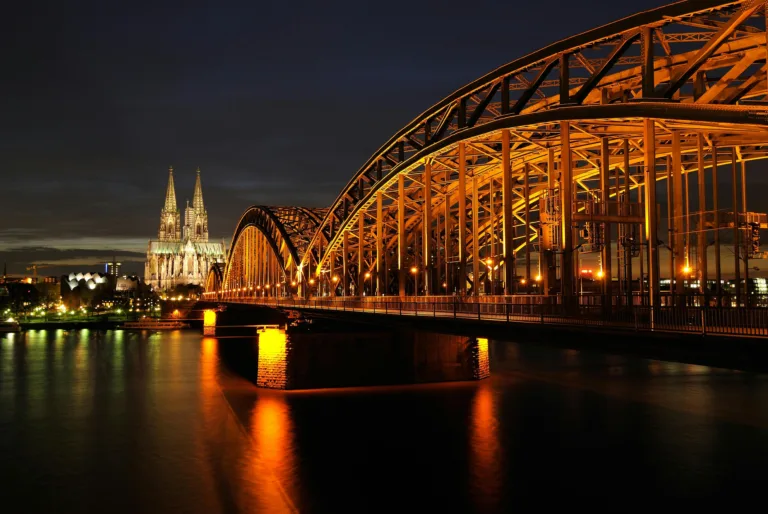
9.Germany
Germany is regarded as a politically stable country.
Democratic System: Germany operates under a federal parliamentary republic, with a well established democratic system. The country has a robust framework of laws and institutions that uphold democratic principles.
Rule of Law: Germany has a strong legal system based on the rule of law. Its judiciary is independent, ensuring that laws are enforced fairly and impartially.
Political Consensus: German politics is characterized by a tradition of consensus building and cooperation among political parties. This culture of compromise and coalition building helps to mitigate political polarization and fosters stability in governance.
Social Cohesion: Germany has a strong sense of social cohesion, with a well developed social welfare system providing healthcare, education, and social security. This contributes to stability within society.
Economic Prosperity: Germany has one of the largest and most prosperous economies in the world, with strong sectors such as manufacturing, engineering, automotive, and finance. Its economic stability and wealth contribute to overall political stability.
International Reputation: Germany is respected internationally for its leadership role in the European Union, its commitment to democracy and human rights, and its contributions to global peace and security. Its reputation as a responsible and reliable actor on the world stage enhances its political stability.
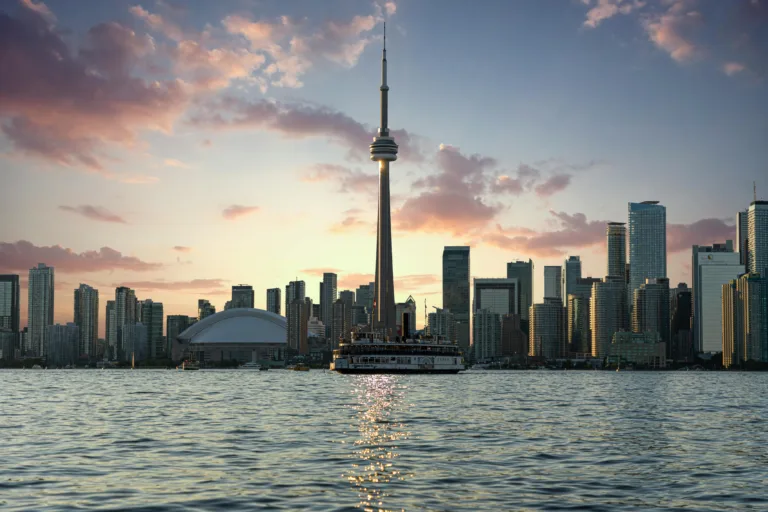
10.Canada
Canada is considered as a politically stable country.
Democratic System: Canada operates under a parliamentary democracy and a constitutional monarchy. The country holds regular free and fair elections, and power is peacefully transferred between political parties through democratic processes.
Rule of Law: Canada has a strong legal system based on the rule of law. Its judiciary is independent and impartial, ensuring that laws are enforced fairly and consistently.
Political Consensus: Canadian politics is characterized by a tradition of stability and cooperation among major political parties. While there are differences in policy approaches, there is generally a commitment to democratic principles and institutions.
Social Cohesion: Canada has a diverse and multicultural society, with a strong sense of social cohesion. The country has policies promoting social inclusion and multiculturalism, contributing to stability within society.
Economic Prosperity: Canada has a prosperous and diversified economy, with strong sectors such as natural resources, manufacturing, services, and technology. Its economic stability and wealth contribute to overall political stability.
International Reputation: Canada is respected internationally for its commitment to democracy, human rights, and multilateralism. It is seen as a responsible and reliable partner in global affairs, which enhances its political stability.

